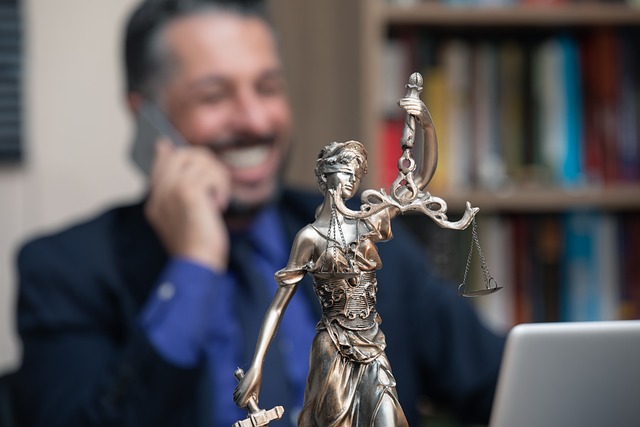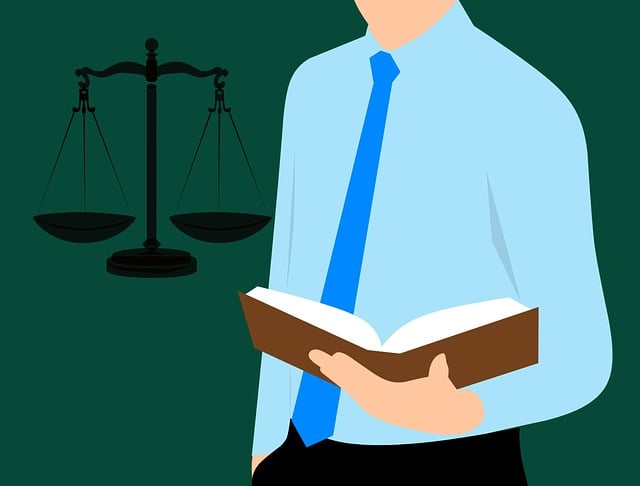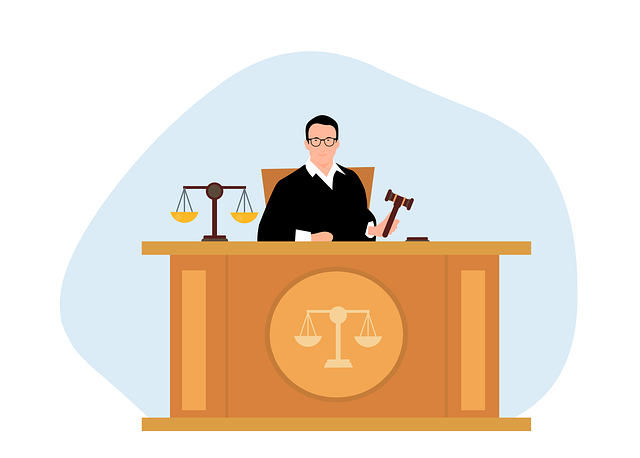Pedestrian right-of-way laws prioritize safety by granting pedestrians legal precedence at crosswalks and specified locations, with drivers required to yield. These rules help prevent and resolve disputes in accidents, empowering victims to seek justice through specialized legal representation for fair compensation. Understanding these laws equips pedestrians to assert their rights, document incidents, and promptly pursue legal advice for optimal outcomes. Key term: pedestrian right-of-way accident.
Pedestrian right-of-way laws are designed to protect vulnerable road users and ensure safe crossings. These regulations stipulate who has the right to proceed, crucial in preventing accidents and mitigating injuries. This article explores how these laws safeguard injured pedestrians, shedding light on their significance. We’ll delve into common causes of pedestrian right-of-way accidents, offering prevention strategies for both drivers and pedestrians, ultimately fostering safer urban environments.
- Understanding Pedestrian Right of Way Laws
- How These Laws Protect Injured Pedestrians
- Common Causes of Pedestrian Right of Way Accidents and Prevention Strategies
Understanding Pedestrian Right of Way Laws

Pedestrian right of way laws are designed to protect vulnerable road users—pedestrians—from harm caused by motor vehicles. These laws establish clear guidelines on who has the right to proceed at intersections and in other situations, aiming to minimize accidents and reduce the risk of serious injuries. Understanding these rules is crucial for both pedestrians and drivers alike.
Pedestrians typically have the right of way in many circumstances, especially when crossing streets at designated crossings or when they are already on the road and vehicles are approaching. This means that drivers must yield to pedestrians and ensure their safety. However, it’s important to note that partnership disagreements or other factors can sometimes lead to disputes over responsibility in a pedestrian right of way accident. An auto accident lawyer can help clarify these matters and guide victims toward seeking compensation for their serious injuries.
How These Laws Protect Injured Pedestrians

Pedestrian right of way laws are designed to protect vulnerable road users—pedestrians—from harm caused by motor vehicles. When a pedestrian is injured in an accident, these laws serve as a crucial shield, ensuring they receive fair compensation for their injuries. In many jurisdictions, pedestrians have the legal right-of-way at crosswalks and certain other locations, meaning drivers must yield and exercise caution to avoid striking them. This law not only mandates driver responsibility but also provides a clear framework for holding them accountable when an accident occurs.
In the event of a pedestrian right of way accident, these laws guide the legal process, enabling injured parties to seek justice and financial redress through legal representation. If negligence on the part of the driver is established—for instance, failure to yield or speeding—the victim may be entitled to compensation for medical expenses, pain and suffering, lost wages, and other associated damages. Moreover, understanding these laws empowers pedestrians to take proactive steps, such as being aware of their rights, documenting accidents thoroughly (including any slip and fall incidents), and seeking prompt legal advice to preserve evidence and ensure the best possible outcome in cases involving defective products or driver negligence.
Common Causes of Pedestrian Right of Way Accidents and Prevention Strategies

Pedestrian right of way accidents often occur due to a combination of factors involving both pedestrians and drivers. Common causes include jaywalking, failure to use crosswalks, or crossing at unsafe locations. Drivers may not yield as required, especially in areas with limited visibility or high traffic volumes. Additionally, distracted driving, such as texting while driving, significantly increases the risk of these accidents.
Prevention strategies are multifaceted. Pedestrians should always use designated crosswalks, look both ways before crossing, and be aware of their surroundings. Wearing reflective clothing or using lights during low-light conditions enhances visibility to drivers. On the driver’s side, adhering strictly to traffic signals and yielding to pedestrians as required is crucial. Regular driver education and awareness campaigns can further mitigate risks. Engaging legal representation specializing in auto accident cases and pedestrian right of way disputes can ensure fair compensation for injured pedestrians, especially when liability is contested.
Pedestrian right of way laws are designed to ensure safe navigation for pedestrians, safeguarding them from potential harm. By understanding these regulations and their impact on injured pedestrians, we can better appreciate the importance of adhering to traffic rules and preventing accidents. Implementing prevention strategies, addressing common causes like distracted driving and jaywalking, is key to reducing pedestrian right of way accidents and fostering safer communities.






